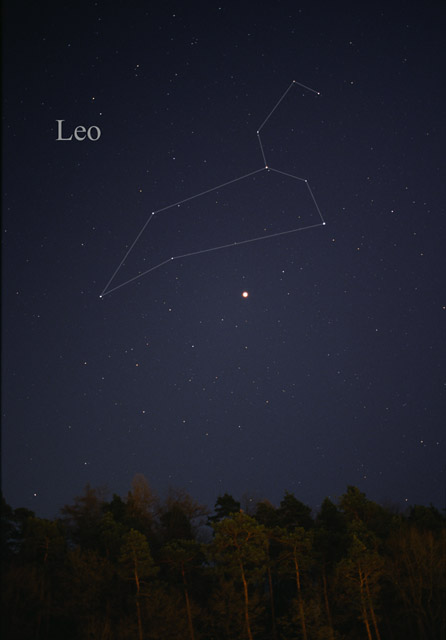sharing science and free thinking for all
Science March
March For Science 2017
Saturn Saturday April 2017
How Long Is A Day On Saturn?
Just how long is a day on Saturn? Finding the answer turned out to be trickier than anyone thought: https://t.co/vyY6lcpiPw #SaturnSaturday pic.twitter.com/9ONig3r1kL
— CassiniSaturn (@CassiniSaturn) November 5, 2016
The Making of the Grand Finale
Only a few months are left for Cassini to explore the rings of Saturn.
The Grand Finale – Cassini
Did you know there’s a current to #Saturn’s rings, formed by ions trapped in the magnetic field? https://t.co/65UBSOlXp4 pic.twitter.com/oOwPo0v1xz
— CassiniSaturn (@CassiniSaturn) April 12, 2017
The BBC astronomy show, Stargazing Live, is back for three nights at the end of March. Happy days – or should that be nights!
Stargazing LIVE is back, and once again the nation will join Professor Brian Cox and Dara O Briain to look at the skies, taking in the wonders of the Universe.
Professor Brian Cox tell’s you when..
SOON! Book your place in front of the 📺 at 8pm on these dates! @ProfBrianCox @DaraOBriain @BBCTwo ⭐️ 🔭 🇦🇺 pic.twitter.com/86jdyaEdjR
— BBC Stargazing Live (@BBCStargazing) March 16, 2017
#NakedEyeDarkSky
Leo in the night sky unfounded again due to cloud mass

A dark nebula or absorption nebula is a type of interstellar cloud that is so dense it obscures the light from objects behind it, such as background stars and emission or reflection nebulae.
UK astronomy march planet observations.

He organised the “Celestial Police”, a group of twenty-four astronomers.
Baron Franz Xaver von Zach (4 June 1754 – 2 September 1832) was a Hungarian astronomer born at Pest, Hungary (now Budapest in Hungary). He studied physics in Pest, Hungary, and served for some time in the Austrian army. He taught at the University of Lemberg (now Lviv, Ukraine). He lived in Paris in 1780-83, and in London from 1783 to 1786 as tutor in the house of the Saxon ambassador, Hans Moritz von Brühl. In Paris and London he entered the circles of astronomers likeJoseph de Lalande, Pierre-Simon Laplace and William Herschel. In 1786 he was appointed by Ernest II, Duke of Saxe-Gotha-Altenburg director of the new observatory on Seeberg hill at Gotha, which was finished in 1791.

At the close of the 18th century, he [Von Zach] organised the “Celestial Police”, a group of twenty-four astronomers, to prepare for a systematic search for the “missing planet”
predicted by the Titius-Bode law between Mars and Jupiter. Ceres was discovered by accident just as the search was getting underway.
Using predictions made of the position of Ceres by Carl Friedrich Gauss, on 31 December 1801/1 January 1802, Zach (and, independently one night later, Heinrich Wilhelm
Matthias Olbers) recovered Ceres after it was lost during its passage behind the Sun.
After the death of the duke in 1804, Zach accompanied the duke’s widow on her travels in the south of Europe, and the two settled in Genoa in 1815 where he directed
the Capodimonte Observatory. He moved back to Paris in 1827 and died there in 1832.
hubble deep field classic features kitten says coleyartastro
Hubble Inspired – Kitten theme 2015
See more of Hubble here
hubble deep field classic features kitten says coleyartastro
Hubble Inspired – Kitten theme 2015
See more of Hubble here

You must be logged in to post a comment.